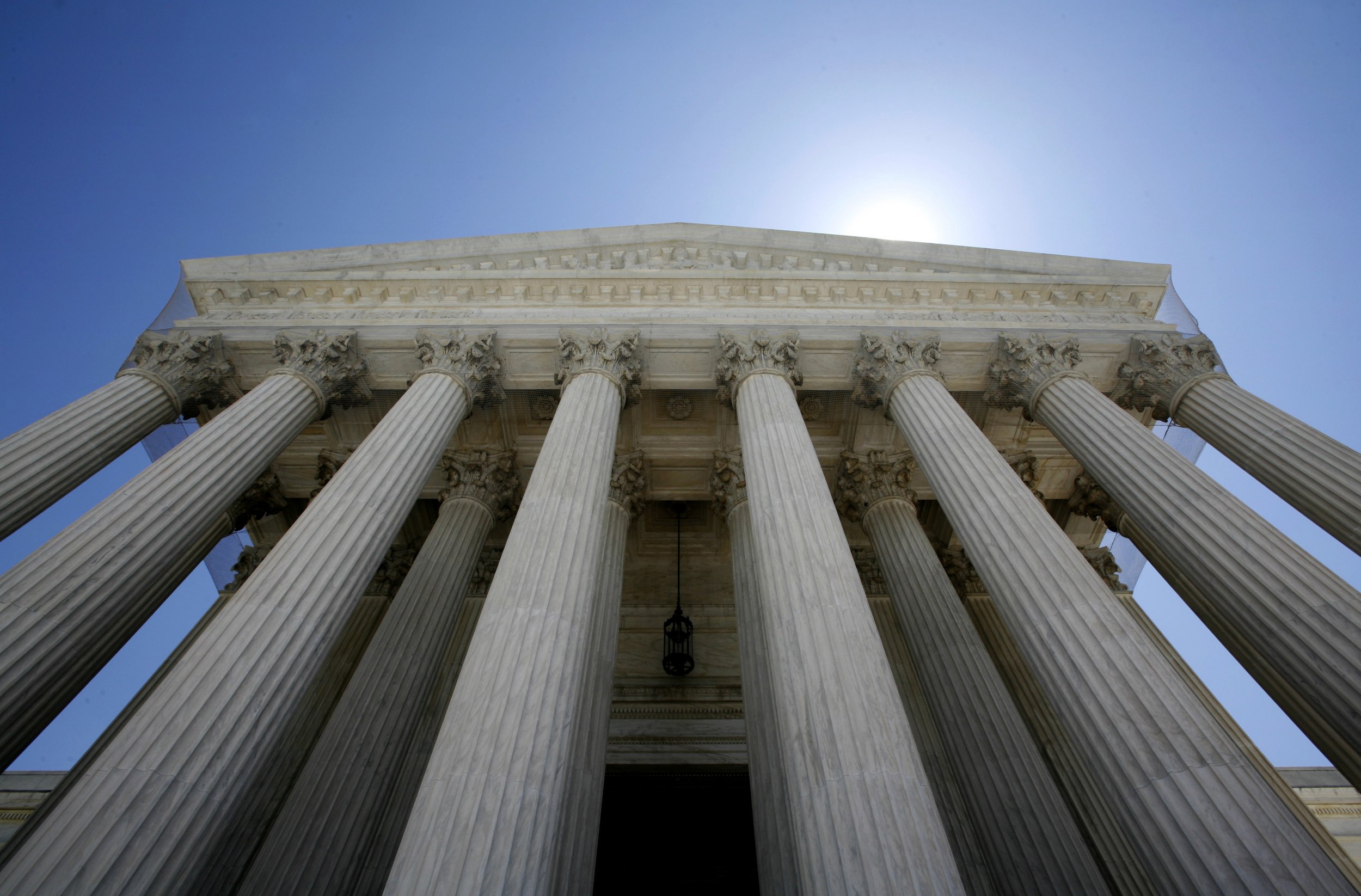
The U.S. Supreme Court on Monday agreed to hear a major case on privacy rights in the digital age that will determine whether police officers need warrants to access past cellphone location information kept by wireless carriers.
The justices agreed to hear an appeal brought by a man who was arrested in 2011 as part of an investigation into a string of armed robberies at Radio Shack and T-Mobile stores in the Detroit area in the preceding months. By securing cell-site-location information from his cellphone carrier, the police were able to establish that the man, Timothy Carpenter, had been near the scene of the crimes.
At issue is whether failing to obtain a warrant violates a defendant's right to be free from unreasonable searches and seizures under the U.S. Constitution's Fourth Amendment.
The information that law enforcement agencies can obtain from wireless carriers shows the local cellphone towers users connect to at the time they make calls. Police can use that data to determine if a suspect was in the vicinity of a crime scene; they can also use real-time data to track a suspect.
The legal battle has raised questions about how companies protect the privacy rights of their customers. The big four wireless carriers, Verizon<vz.n>, AT&T, T-Mobile<tmus.o> and Sprint<s.n>, receive tens of thousands of requests a year from law enforcement for what is known as cell site location information, or CSLI.
Carpenter's bid to suppress the evidence failed, and he was convicted of six robbery counts. On appeal, the Cincinnati-based 6th U.S. Circuit Court of Appeals upheld his convictions, determining that no warrant was required for the cellphone information.
Civil liberties lawyers say that police need "probable cause," and therefore a warrant, in order to avoid constitutionally unreasonable searches.
But based on a provision of a federal law called the Stored Communications Act, the government said it did not need probable cause to obtain customer records. Instead, the government said, prosecutors must show only that there are "reasonable grounds" for the records and that they are "relevant and material" to an investigation.
Civil liberties groups assert that the 1986 law did not anticipate the way mobile devices could contain a wealth of data on each user. (Carpenter is represented by the American Civil Liberties Union.)
The Supreme Court has twice in recent years ruled on major cases concerning how criminal law applies to new technology, ruling against law enforcement on each occasion. In 2012, the court held that a warrant would be required to place a GPS tracking device on a vehicle. Two years later, the court said police needed a warrant to search a cellphone seized during an arrest.
Uncommon Knowledge
Newsweek is committed to challenging conventional wisdom and finding connections in the search for common ground.
Newsweek is committed to challenging conventional wisdom and finding connections in the search for common ground.
About the writer
To read how Newsweek uses AI as a newsroom tool, Click here.








